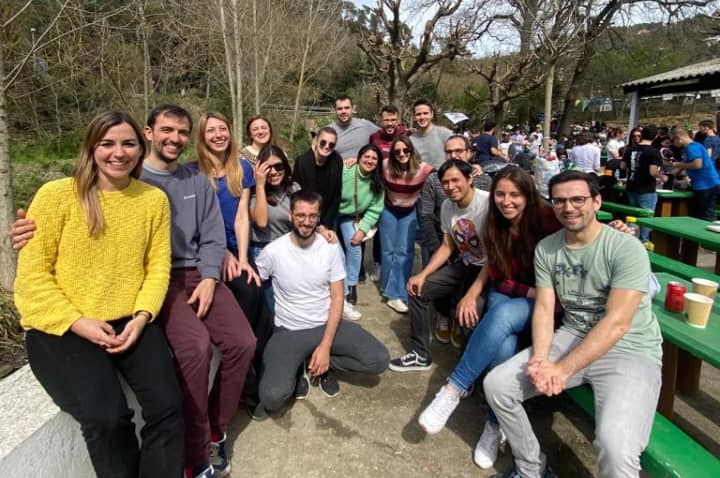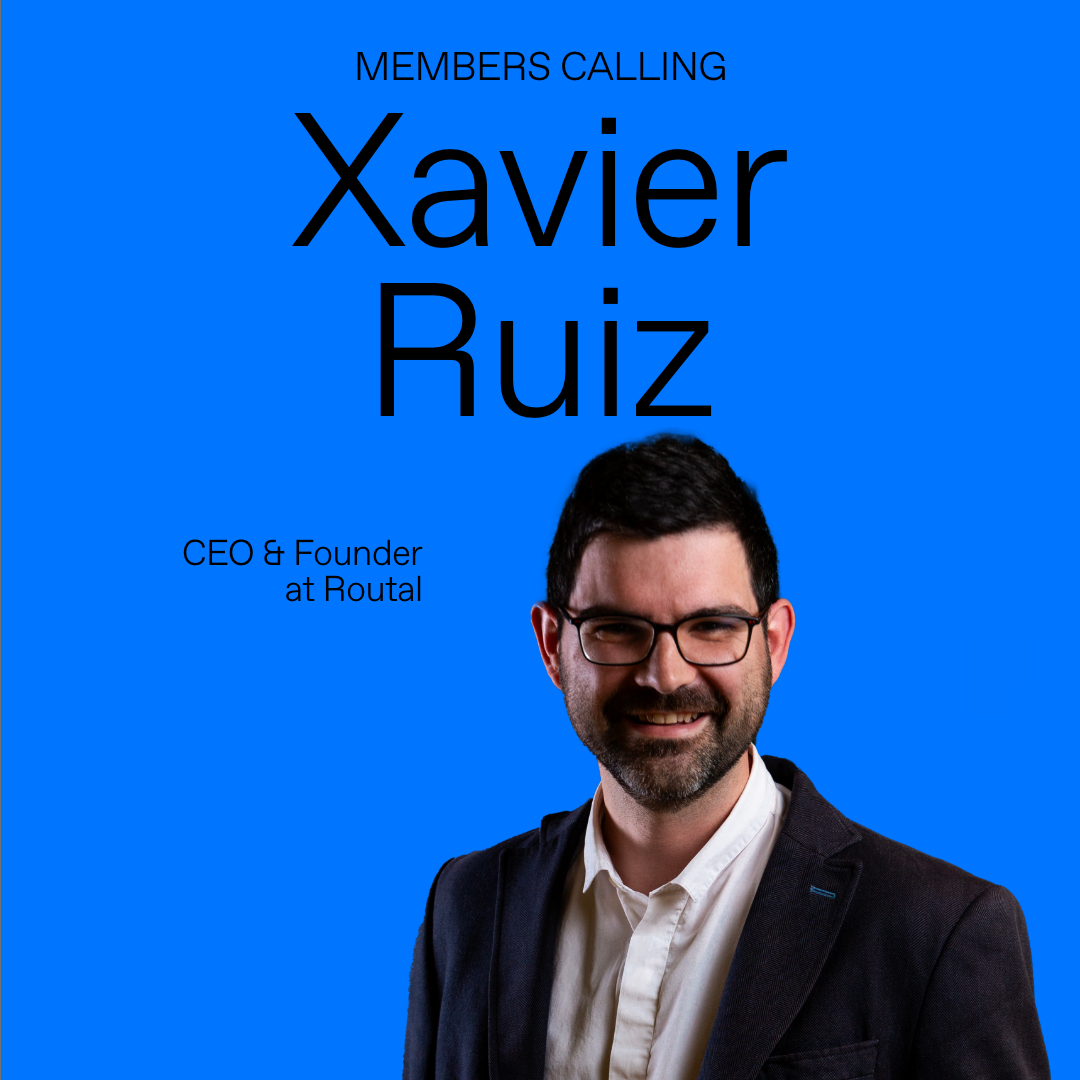5G Ventures pone en marcha su programa Entrepreneur in Residence para identificar a los CEOs de sus futuras startups
Por 5G Ventures
24 Oct 2022
5G Ventures, el primer venture builder español especializado en 5G, pone en marcha su programa Entrepreneur in Residence (EiR) para impulsar la creación de startups centradas en conectividad avanzada e industria 4.0.
Entrepreneur in Residence es un exhaustivo programa de 4 meses de duración en el que los emprendedores seleccionados trabajan en la ideación, validación e impulso de una startup, acompañados en todo momento por 5G Ventures. El Entrepreneur in Residence trabaja directamente con el equipo de expertos en tecnología, industria, inversión y emprendimiento para crear un plan de negocio de productos, servicios o casos de uso habilitados por la tecnología 5G.
El venture builder aporta capital, metodología, formación, recursos, servicios compartidos, experiencia tecnológica y de mercado, así como redes de contacto para asegurar la viabilidad y escalabilidad de la compañía.
Durante el programa, el emprendedor recibe un salario anual de 40.000 euros prorrateado, además de un presupuesto de hasta 2.000 euros para desarrollar pruebas piloto. 5G Ventures acompaña al emprendedor durante la formación del equipo, la creación de la primera versión del producto y la obtención de clientes iniciales.
Al final de los cuatro meses de programa, un jurado de expertos liderado por el equipo de 5G Ventures valorará la viabilidad o no del proyecto para decidir co-fundar e invertir en la startup junto con el equipo emprendedor, el cual contará con hasta el 70% de las participaciones. El venture builder aportará un capital en esta primera fase (“pre-seed”) de hasta 300.000 euros.






















